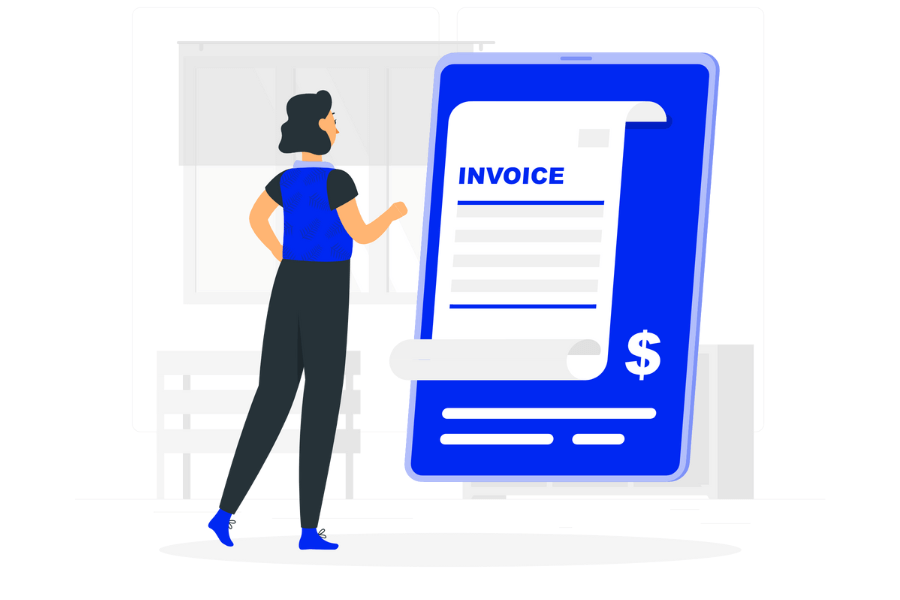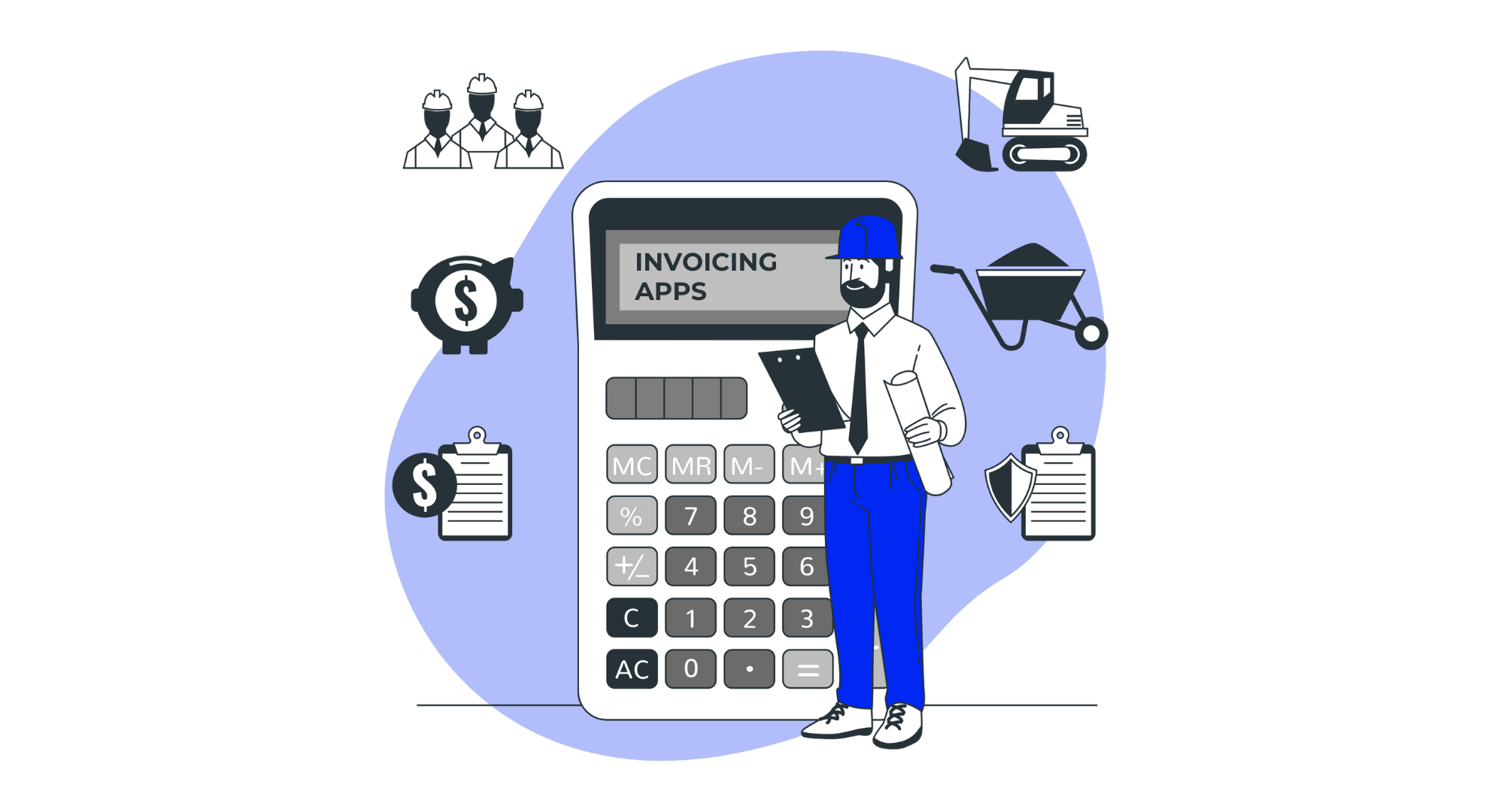
You know firsthand just how important it is to make smart financial decisions. After all, your success hinges on finding affordable and user-friendly solutions. That’s where smart financing comes in, offering a transformative resource tailored for SMBs across diverse industries.
We’re talking about tools and solutions that simplify everything, making your lives much easier. No more struggling with complicated spreadsheets or getting lost in a sea of paperwork. With the right financial tools by your side, you can bring order and simplicity to your financial tasks.
So, what can smart financing do for you? Well, that’s what we’ll explore in this article. imagine having all your financial management processes streamlined and centralized – no more jumping from one system to another.
That’s just the icing on the top. From invoicing and expense management to inventory tracking and project management, smart financing has got it all covered. With all the right strategies and financing terms under your nose, you can make better informed financial decisions and set your business for the long run.
So, let’s begin.
The True Value Of Making Smart Financial Decisions
You can make smart financial decisions daily. From the small purchases you make to how you save money, choose assets, and invest your resources, these decisions shape your financial well-being.
Making smart choices for businesses is no different. In fact, businesses that consistently make sound financial decisions tend to be more profitable and experience long-term growth compared to those that make random or uninformed choices.
Companies that take a strategic approach to their financial decisions have been discovered to achieve a whopping 16% higher return on assets and a 9% higher return on their invested capital.
With smart financing, we’re talking about empowering you to make informed choices across the entire spectrum of financial decision-making. It goes beyond basic bookkeeping or invoice management. It involves equipping you with comprehensive insights and tools to optimize cash flow, expenses, and resource allocation.
14 Best Tactics For Making Smart Financial Decisions
Dive into the following guide highlighting 14 powerful strategies to help you make intelligent, impactful financial decisions, leading to a stronger and more sustainable fiscal future.
1. Develop A Financial Plan
A financial plan is like a compass that guides you to your goals. In other words, it’s like creating a roadmap tailored specifically to your unique circumstances and aspirations.
So, what does an ideal financial plan include? Think of it as a comprehensive playbook for your financial life. It encompasses key components such as:
- Saving
- Investing
- Insurance
- Budgeting
- Tax strategies
- Estate planning
- Retirement planning
Addressing all these areas builds a solid foundation for long-term financial success. When defining your financial goals, start by asking yourself a series of key questions to gain clarity.
- Are these goals measurable and specific?
- How will achieving these goals impact my life?
- Do I have any short and term goals that I need to consider?
For example, instead of saying, “I want to save more,” specify an exact amount or percentage you aim to save within a specific timeframe. Establishing a SMART framework this way will help you gain clarity and direction when defining your financial goals. Keep in mind that your goals should hold personal significance, be measurable, attainable within reality, and be aligned with your core values.
2. Analyze Financial Statements
Financial reports provide a crystal-clear view of your business’s financial health. Regularly examining your bank statements, credit card statements, and portfolios, including records of bank loans, will help you gain insights to help you improve and make informed decisions.
After you figure out the areas that need your attention, you can take action to start improving. For example, you may discover that your expenses in certain categories are higher than expected. This will allow you to take action to cut back and reallocate funds to more essential areas like a checking account, or to invest in growth opportunities.
Doing this regularly will help you evaluate your business’s performance over time. You’ll notice trends and patterns when comparing data from different periods that will help you prioritize actions and address any financial risks that may arise.
3. Understand Wants vs. Needs
Making wise decisions often boils down to prioritization. Make sure that meeting your needs and providing a comfortable life for yourself and your loved ones takes the top spot.
After meeting your needs, you can then consider your wants – those items or experiences that would bring you enjoyment but are not necessary for basic living.
The goal is to balance your financing plans and needs. While this may seem like common sense, it’s surprising how often poor decisions arise from neglecting essential needs in favor of indulging in wants. Similar to any significant undertaking, establishing a solid foundation before moving forward sets you up for the greatest likelihood of growth potential.
4. Estimate Project Impact
Estimating the impact of your business ventures early on will help you make informed decisions for your business.
Essentially, estimating project impact is about recognizing the significance of the project on various aspects of your business.
Financially, you’ll want to assess how the project will affect your revenue, expenses, and overall profitability. Will it lead to cost savings, increased sales, or improved efficiency? Here’s how you can assess and evaluate the effects of a financial project.
- Consider the financial costs associated with the project, including upfront expenses, ongoing maintenance or operational costs, and any potential hidden costs. Assess your financing entity options to secure the necessary funds.
- Analyze the potential returns or benefits of the project. Will it generate income or appreciation over time? What about the short and long-term impacts? Use resources such as market analysis reports, expert opinions, and insights from stock news websites to gain a deeper understanding of potential returns and market dynamics.
- Consider the potential risks and challenges associated with the project. Are there external factors or market uncertainties that could impact its success? For example, let’s say you’re looking for investors to finance a game development project like a word finder tool designed for popular games like Scrabble or Wordle. Your evaluation should include external factors or market uncertainties like ensuring the tool’s accuracy and database on permissible words.
Additionally, you can explore project financing options and interim financing solutions to manage the financial aspects of your project effectively. In simpler terms, you can look into different ways to get funding for your project and find temporary financial solutions that help you manage the project’s finances from start to finish.
These options provide specific funding plans that fit your project’s needs and ensure you have enough money to cover expenses throughout the entire process.
5. Don’t Forget To Invest
Investing allows your money to work for you, generating potential growth and income over time. Unlike traditional savings accounts that often offer minimal interest rates, investing opens up the possibility of higher returns.
With investment, you have the benefit of growing your money over time. Different asset classes like stocks, bonds, and real estate are just some examples.
Investing allows you to tap into opportunities for capital appreciation and income generation. It will help you combat the effects of inflation. The prices of things you buy keep going up with time, so the value of your money gradually decreases.
But when you invest your money wisely, you can make it grow faster than the rising prices. This helps you maintain the value of your savings and investments despite inflation.
Considering buying a small business? Take the next step and read our informative article for valuable insights and guidance.
6. Embrace Technology & Automation
With the rise in technology, managing our finances became easier than ever.
Thanks to budgeting apps and expense trackers, you can say hello to a more organized and stress-free financial life. These nifty tools let you categorize your expenses, set savings goals, and keep tabs on your progress—all in real time.
No more waiting in long lines at the bank either. You can now access your accounts, pay bills and transfer funds on your smartphone. Plus, online banking platforms provide top-notch security measures to keep your financial information safe and sound.
You can also take advantage of flexible financing options offered by online platforms. These platforms provide quick and hassle-free access to funds, letting you seize business opportunities or address unexpected expenses with ease.
A good way to get started is to set up automatic payments and transfers to ensure timely monthly payments. This way, your bills are paid on time, your savings grow effortlessly, and your investments stay on track. No more worrying about late fees or missing due dates.
7. Work With A Financial Professional
Essentially, a financial professional brings expertise and experience to the table. With their help, you can make smarter decisions and unlock new opportunities along the way.
Everyone can benefit from an advisor, especially since these professionals have their fingers on the pulse of the ever-changing financial landscape. You can trust them to provide valuable insights and strategies to help you navigate uncertainties and stay ahead of the competition.
They also take their time to understand your business and the challenges you face fully, which is why they craft personalized plans that align with your vision.
This roadmap becomes your guiding light, giving you the confidence to make informed choices that drive your business forward.
When looking for a financial professional, find someone who specializes in areas that match your needs. If you require assistance with project financing, smart financing programs, or PACE financing, make sure the professional has expertise in those areas. This way, you’ll receive tailored advice and support specific to your requirements.
8. Prioritize Your Retirement
Retirement may seem far away, but the truth is, the sooner you start planning, the better you’ll be. You’ll have more time to save and invest wisely, time to take advantage of compounding interest, and time to build a solid financial foundation for your future.
The power of compounding is your greatest ally when it comes to retirement planning. Even small contributions made consistently over time can have a significant impact.
Starting early also means you can afford to take on a slightly more aggressive investment strategy. With a longer investment horizon, you have the potential to weather market fluctuations and benefit from long-term growth opportunities.
Additionally, early retirement planning provides you with a clear roadmap. It allows you to set specific financial goals, estimate the amount you’ll need for retirement, and develop a tailored savings plan. So when it comes time to retire you can enjoy the fruits of your labor.
9. Learn How to Budget
Budgeting provides you with a realistic picture of your financial situation. You know exactly how much you’re spending and where your hard-earned cash is going.
This knowledge allows you to make informed decisions and adjustments when necessary and avoid falling prey to financial issues such as debt repayment, lack of funding, or emergency expenditures.
Fortunately, there are lots of budgeting methods to choose from that can help you manage your finances:
- Zero-based budgeting: With this method, you start fresh each month, giving every dollar a purpose based on your expenses and goals. When creating your budget, consider factors like financing plans and monthly payments to help you stay on track with your business goals.
- Envelope system: Imagine having separate envelopes or digital categories allocated for different spending areas. This approach lets you visually track and monitor how much money you’ve set aside for specific business needs. Assigning dedicated envelopes or digital categories for different expenses, such as marketing, supplies, or equipment, can help you easily keep track of your budget and ensure that you have sufficient funds allocated for each area.
- 50/30/20 rule: This rule offers a simple and practical way to divide your income. Allocate 50% of your earnings towards necessary expenses such as rent, bills, and, yes, even healthcare expenses such as emergency alert systems or medical insurance coverage. Reserve 30% for things you enjoy, like dining out or entertainment, which can provide a well-deserved break from the demands of running a business. Lastly, set aside 20% for savings and financial goals, allowing you to build a financial safety net and invest in the future of your business.
10. Involve Your Team In Decisions
You don’t have to tackle everything yourself. Involving your team in the decision-making process can be incredibly beneficial and help you make more informed choices. Your team could include trusted advisors and consultants who have your best interests at heart.
Each person has different life experiences, knowledge, and expertise that can contribute to a well-rounded decision-making process. They may raise questions or considerations that you hadn’t thought of, helping you gain a more comprehensive understanding of the financial implications.
Your team can also provide emotional support during important financial decisions. Money matters can sometimes be stressful or overwhelming, and having a support system to lean on can make a world of difference. They can offer advice, guidance, and reassurance, giving you the confidence to move forward with your decisions.
11. Take Your Decisions For Test Drives First
Just like test-driving a car before buying it, this approach allows you to get a feel for the potential outcomes and gather valuable insights. It’s all about experiencing the decision-making process before fully committing your resources.
Here are some key points to remember when it comes to taking your financial decisions for test drives:
- Explore different financing options and compare them to find the best fit for your business.
- Document your lessons learned to refine your decision-making process and improve future outcomes.
- Implement pilot projects or smaller-scale trials to learn from real-world experiences and gather feedback.
- Thoroughly research your industry, market trends, and financial analysis before making any decisions.
- Perform financial projections to evaluate the potential impact of your choices on your business’s bottom line.
- Consider the margin of financing and interim financing when testing the feasibility of your decisions.
- Monitor key performance indicators (KPIs) to assess the impact of your decisions and make necessary adjustments.
By taking your financial decisions for test drives, you gain firsthand experience, insights, and confidence in your choices. It allows you to assess their fit, make adjustments, mitigate risks, and optimize your decision-making process.
Conclusion
You can successfully navigate the complex world of finance by adopting a strategic approach and leveraging the power of technology. Remember, the key to smart financing lies in understanding your financial goals, conducting thorough research, and seeking professional advice when needed.
Assess your options, consider the long-term implications, and evaluate the potential risks and rewards.
At Billdu, we believe in empowering individuals and businesses to make smart financial decisions. We’ve got you covered with our complete set of tools and resources that are all about making finance management a breeze. Visit us at Billdu to learn more about how our services can support your financial journey.
Seize control of your financial future now with the right knowledge, tools, and support. Start your journey towards long-term prosperity by visiting our website and discovering how Billdu can help you thrive in the world of smart financing.
Unlock the Potential of Smart Financing with Billdu!
Embrace the future of financial management and unlock the full potential of smart financing with the cutting-edge solutions offered by Billdu.

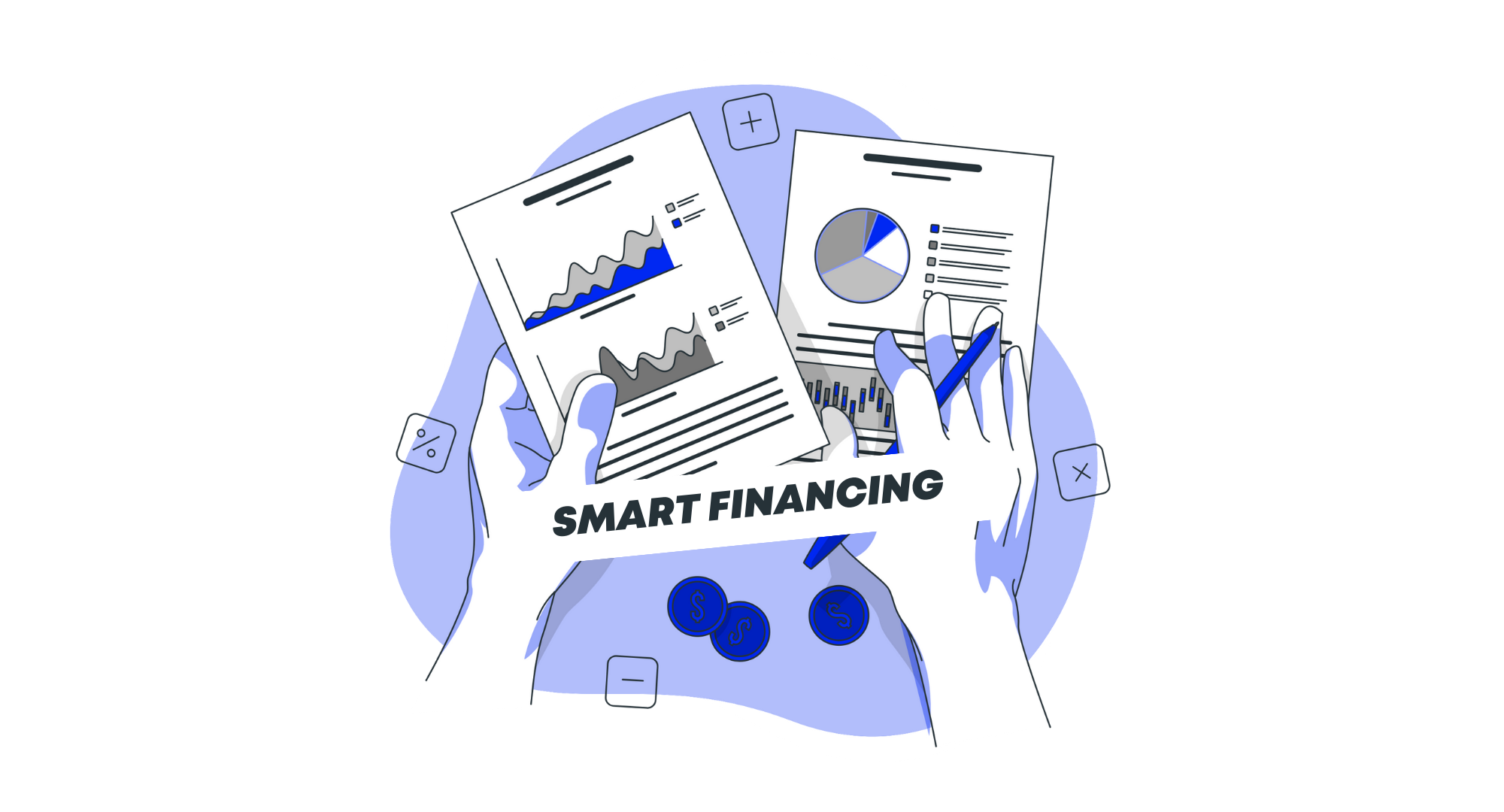
 (
(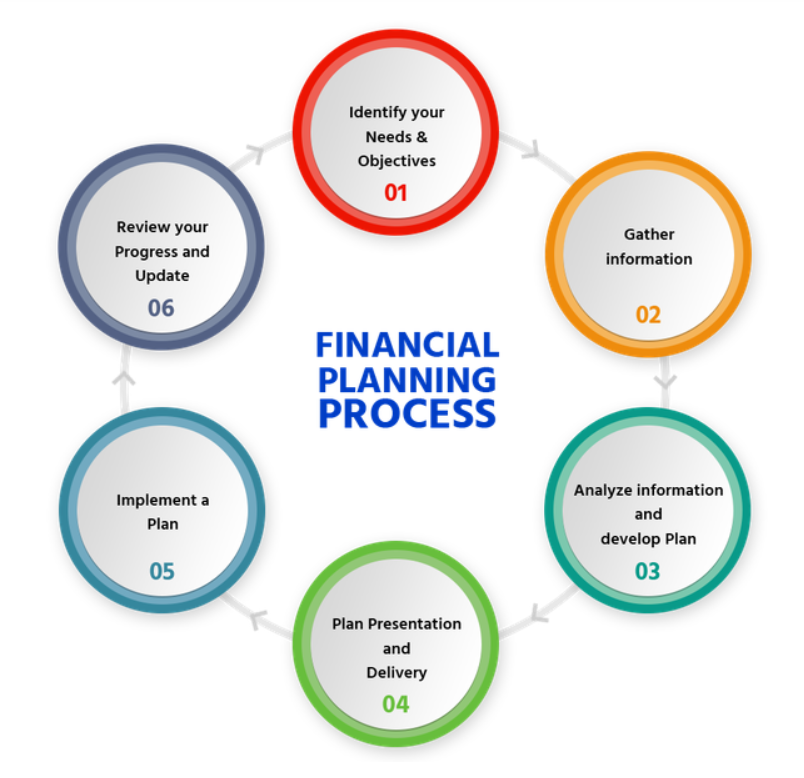 (
(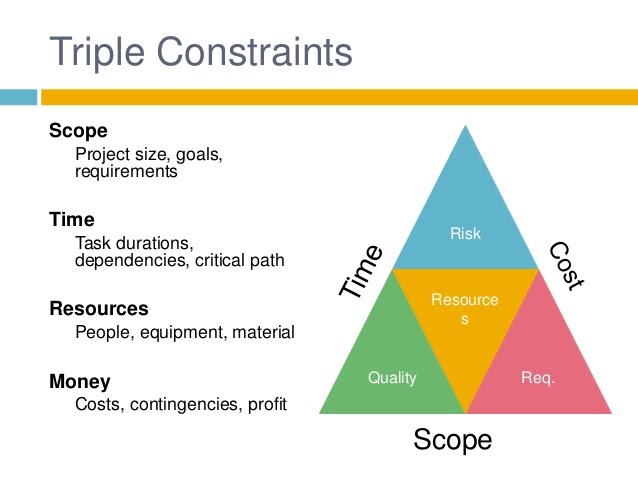 (
(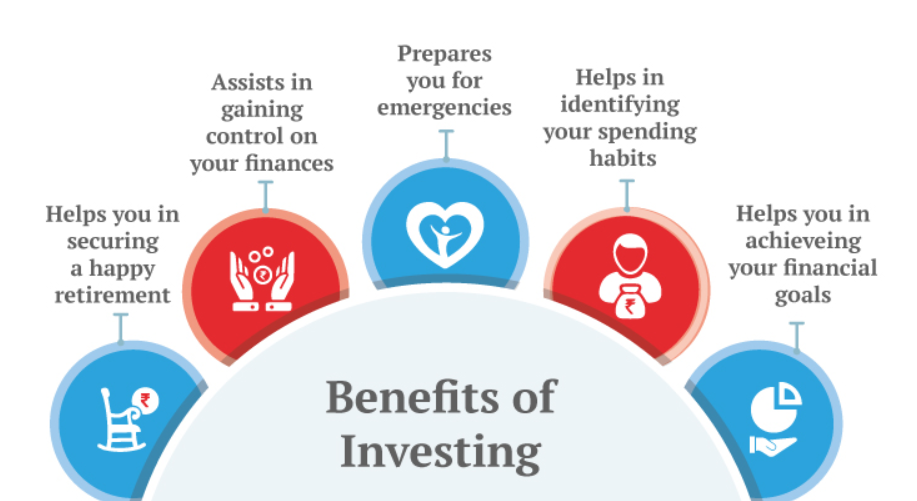 (
(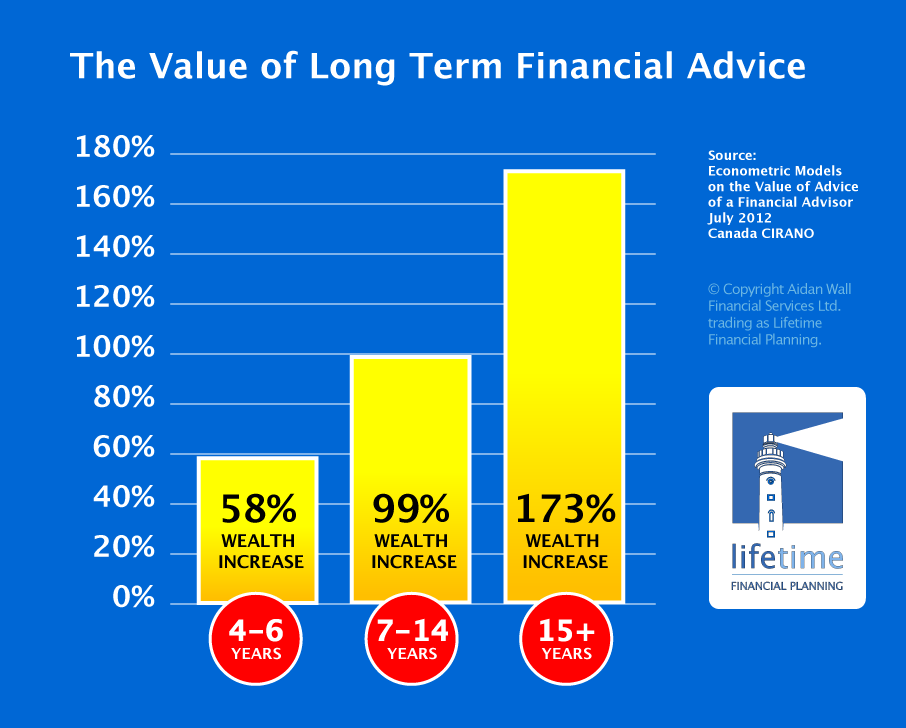 (
(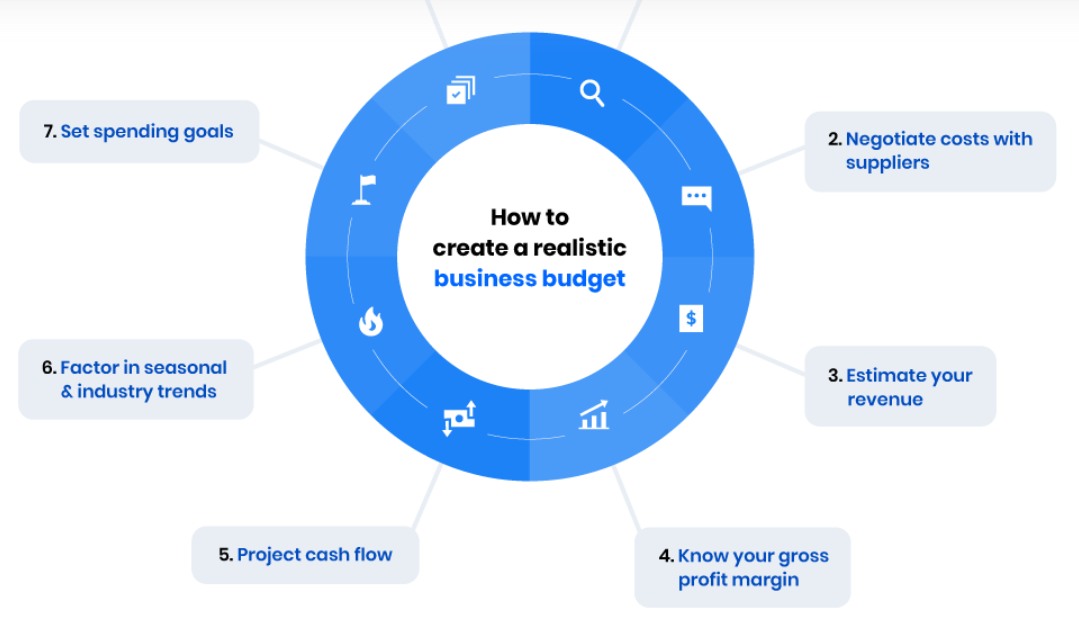 (
(



